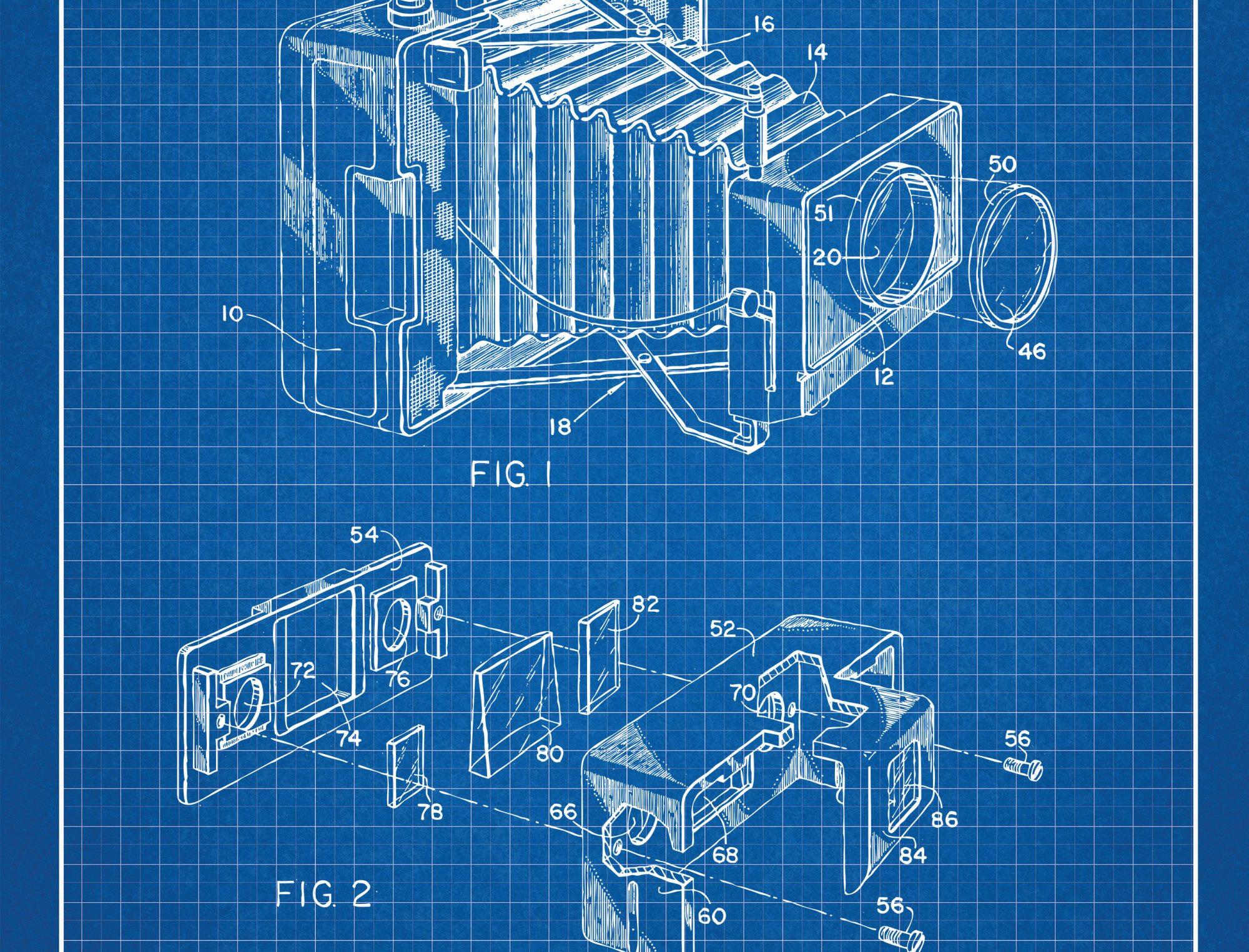Prompt:
Since late summer, the News and Observer has run a series of columns both for and against the Atlantic Coast Pipeline. The pipeline raises hope for the potential of economic growth and concern over the possibility of environmental damage. Whether the ACP will “create jobs” or “pollute NC drinking water,” it is clear that opposing sides have very different assessments of the long-term implications of the pipeline. In two divergent responses to the issue, the News and Observer published the assessments of both Steve Yost and Pearl Finch. While Finch argues that “pipelines in other states have presented a host of problems,” Yost contends that “more than 4,400 jobs” are at stake, and the natural gas flowing through the ACP is “the cleanest-burning of all fossil fuels.” In their analysis of both “value” and “costs,” the two disagree on what Finch terms “the dangers of fossil fuel projects,” as well as many other issues. They volley back and forth, each situating her/his core position within a larger argument on what’s “needed” for NC. While each writer challenges the foundations, definitions, and positions of the other, in some ways, they seem to be talking to one another in a manner that lacks the sincerity of an intellectual debate.
As a consumer of energy in NC (and budding writer), you are now confronted with two problems.
- Beyond what I have learned from Finch and Yost, how do I develop my own critical understanding of the Atlantic Coast Pipeline?
- As a critical reader of Finch and Yost, how might I further, challenge, remedy, question, or interrogate their core claims and methods of argumentation?
In consideration of these problems, you are now asked to compose an evidence-based, multi-media argument in Adobe Spark Page that helps your reader to:
- Understand, beyond a pro/con debate, the complex issues, potential costs and potential benefits of the ACP.
- Understand at least one aspect of struggle in the academic conversation between Yost and Finch. As an example, where are these two writers failing to connect with each other? Where is communication breaking down in this exchange exactly, and how? Instead of taking a side in the debate, this assignment gives you a chance to explore the problem, enter into the conversation, and comment about (and perhaps resolve) the debate.
As you craft your response, consider: What do I already know about “good academic writing” that can transfer to an Adobe Spark Page — allowing for the embedding of links, traditional text, images, audio, video and other media? In regard to genre, think about your composition as an online magazine article that includes images, text, links, and even embedded video. If you’d like to examine a model of online magazine with an academic tone, check out:
Contexts (https://contexts.org/articles/marijuanas-moral-entrepreneurs/)
Edible Geography (http://www.ediblegeography.com)
Throughout this course, you’ll learn a good deal more about transferring traditional rhetorical skills into modern digital genres. For now, however, I’m curious what sense you can make of the Spark page genre through your own insights, creativity, and past exposures to web-based writing. As an example, while you compose your response, consider:
- Where and how might I cite the sources I use within the Spark page?
- How do I embed links, video, images, and other media in ways that maintain an “academic” tone and voice within my “page.”
As you begin, consider starting with some of the pre-writings skills you may have (i.e., brainstorming, road-mapping, and/or background research).
Before you write, remember– you are NOT being graded. At semester’s end, a critical reflection on this work (250-400 word) will help you to determine how far you’ve come with your writing.
Required Background Reading:
Pro-pipeline column: Steve Yost “Atlantic Coast Pipeline would fuel growth of NC manufacturing” (News & Observer 21 September 2017)
http://www.newsobserver.com/opinion/op-ed/article174714036.html
Anti-pipeline column: Pearl Finch “NC should reject the Atlantic Coast Pipeline (News & Observer 10 August 2017)
http://www.newsobserver.com/opinion/op-ed/article166580092.html
Optional Supplemental Reading:
Pro-pipeline editorial position of the Richmond Times-Dispatch: “Time to move forward on the Atlantic Coast Pipeline”
Anti-pipeline editorial position of the N&O: “The Atlantic Coast Pipeline will slow conversion to more renewable energy (18 Nov. 2017)
http://www.newsobserver.com/opinion/editorials/article185428273.html
ADOBE Spark Download:
Software: http://software.sites.unc.edu/adobe/
Training: https://www.lynda.com/Cliplets-tutorials/Learning-Adobe-Spark/574699-2.html
Formatting:
When saving your Spark Page, do NOT put your name on it. Instead please use the following formula at the top: “pre-test prompt [your PID]” You will turn in the assignment by providing the URL in this google doc.
